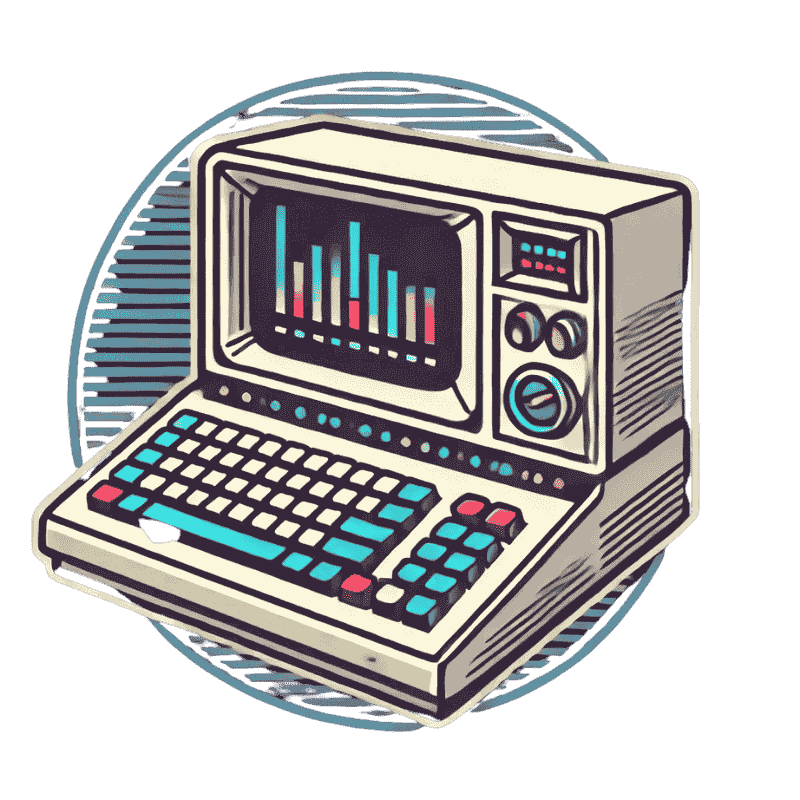If you’re an active trader spending hundreds (or even thousands) of dollars a year on trading tools, scanners, and software—you’ve probably asked: Can I write this off?
The answer is yes—but it depends on how you trade, how your business is structured, and whether you qualify as a “trader in securities” under IRS rules.
Let’s break it down.
1. Are You a Trader, Investor, or a Business?
The IRS draws a line between investors and traders.
- Investors buy and hold securities for long-term gains. They typically don’t qualify to write off most expenses related to trading.
- Traders, on the other hand, actively buy and sell securities in the short term with the goal of profiting from daily price movements.
If you’re trading frequently (daily or weekly), making your own decisions (not just investing in funds), and doing it with the intent to generate income—it’s possible you qualify as a “trader in securities.”
If you’re not sure, speak to a tax professional. But if you do qualify…
2. What Trading Expenses Can You Deduct?
Here are common trading-related expenses that are typically deductible if you’re considered a trader in securities:
- Trading software & tools (Trade Ideas, Finviz Elite, TrendSpider, TradingView, etc.)
- News and research services (like Benzinga Pro or Vital Knowledge)
- Market data subscriptions
- Trading platform fees
- Brokerage fees (some may be capitalized, so check)
- Education and training (courses, seminars, trading books)
- Home office expenses (if used exclusively for trading)
- Computer hardware or internet (partially, if used for trading)
3. Should You Set Up an LLC or Sole Proprietorship?
You don’t need to form an LLC to deduct trading expenses—but having a separate business entity can make things cleaner (and may help if you want to claim mark-to-market (MTM) accounting status under IRS Section 475(f)).
Here’s what traders typically do:
- Sole Proprietorship: Easiest route. File a Schedule C.
- LLC: Gives separation and flexibility, but comes with extra paperwork.
- S-Corp: May be used for tax benefits, but usually overkill for most traders unless you’re also doing education or consulting.
4. What About Mark-to-Market Election?
If you trade full-time, the mark-to-market (MTM) election (IRS Section 475(f)) allows you to treat your trades as a business. This means:
- You don’t pay capital gains tax—you pay ordinary income tax on your gains and losses.
- You can deduct all your trading expenses in full (not subject to the 2% floor like with investors).
- You can write off trading losses against other income.
But—you have to elect MTM status in writing by April 15 of the tax year before you want to use it. So don’t wait.
5. Keep Good Records
If you’re deducting tools and software, make sure you:
- Keep all receipts and invoices
- Track your usage of software if you split between personal/investment use
- Use accounting software or a spreadsheet to track everything cleanly
6. Final Thoughts
Yes, you can absolutely write off trading tools and software—if you meet the IRS’s criteria. Whether you’re running a full-time trading business or just actively managing your portfolio, keeping your expenses in order could save you thousands.
Pro tip: Talk to a CPA who understands trading taxes—especially if you’re considering MTM or want to maximize deductions the right way.
Related:
Check out our SaveOnTrading marketplace where you can find discounts up to 90% on top tools like Trade Ideas, Finviz Elite, TraderVue, and more.

